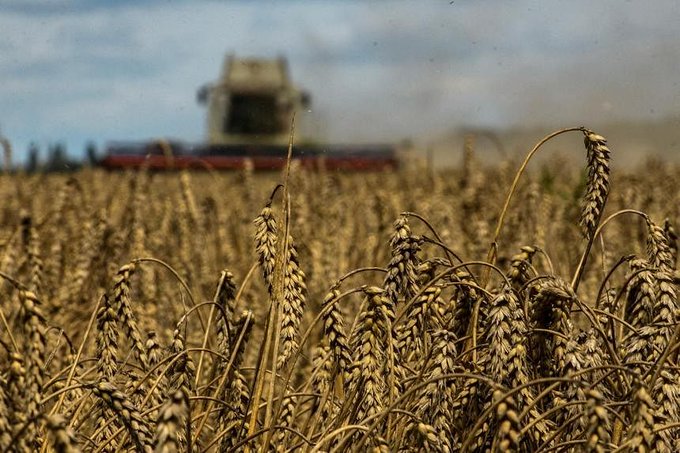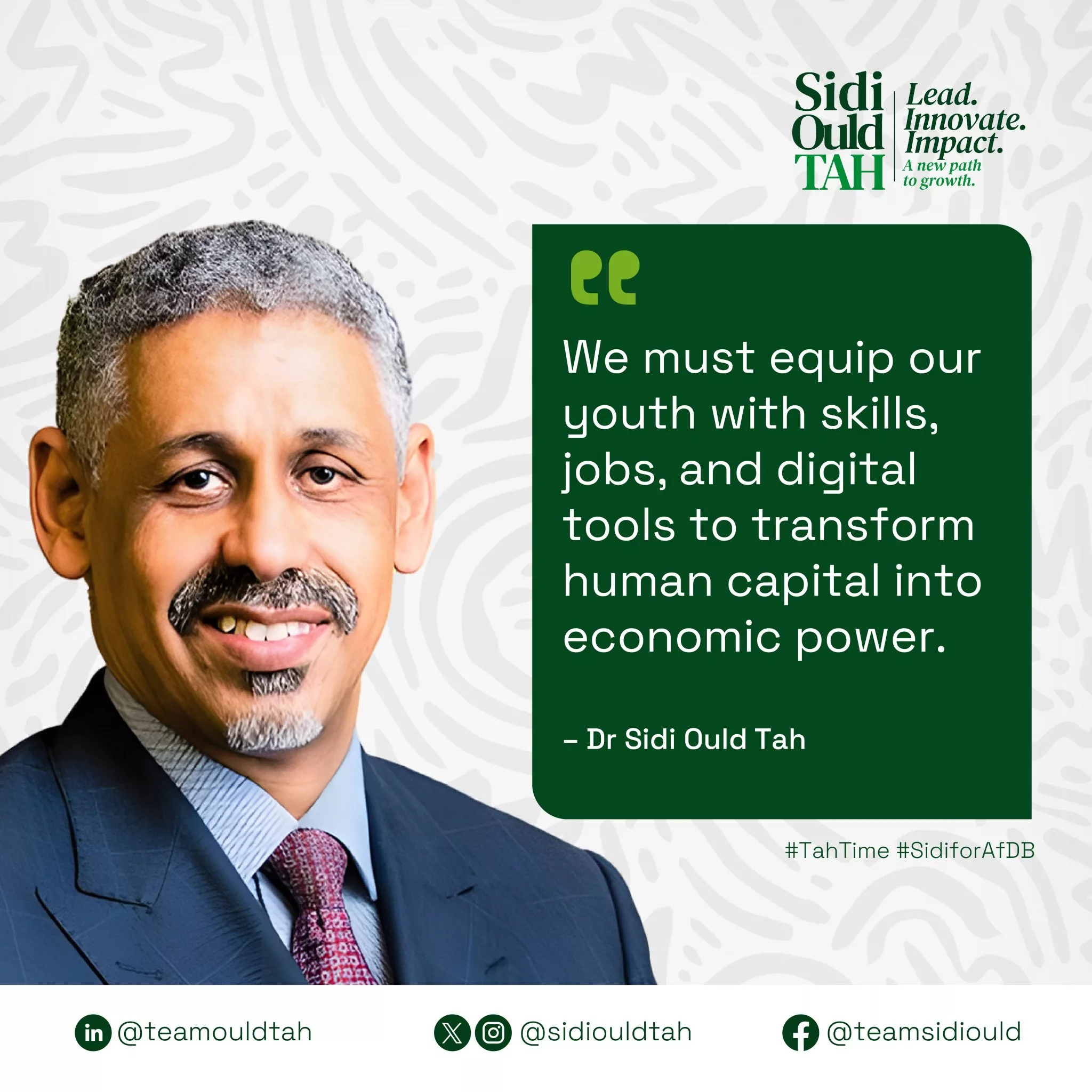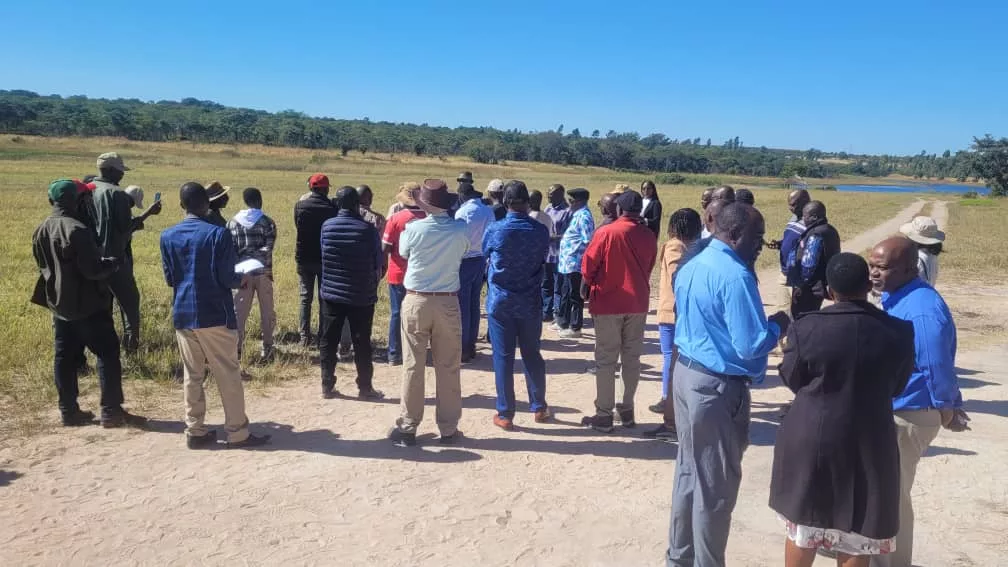|
Getting your Trinity Audio player ready...
|
Writes Lloyd Rabaya
The sun is just rising above the horizon at Elizabeth Mpofu’s homestead in Shashe as farmers are running up and down preparing to board the morning coach to Masvingo town. Smiles on their faces as they appear eager to implement what they had learned the past two days during an exchange visit organized by the Zimbabwe Smallholder Farmers’ Forum (ZIMSOFF). The two-day event saw farmers presenting the setup at their respective homesteads and the others will recommend changes on how they can improve regards to agroecological practices.
Youthful female farmer, Shylet Macherenje (33] from Mutoko told this publication that ever since joining ZIMSOFF, she has abandoned the conventional way of farming and adopted agroecology as a way of life.
According to the United Nations (UN) Food and Agriculture Organisation (FAO), “agroecology is an integrated approach to agricultural development that prioritizes the well-being of people, planet and prosperity. It focuses on the ecological principles that underpin sustainable agricultural systems, aiming to optimize the interactions between plants, animals, humans and the environment while taking into account social aspects and economic viability.”
“The main advantage I have noticed ever since joining ZIMSOFF and started practicing agroecology is that I do not necessarily have to fork out money for anything. I just have to preserve the seed which I can still use in the following season.
Also, agroecology is not harmful to nature because we just use natural elements to grow our crops and nature is not harmful to nature, but it actually heals,” she said.
Macherenje who joined ZIMSOFF in 2015, during the two-day farmers’ exchange visit, highlighted that she had no idea how she could harvest water to improve her yields.
“There are no earth dams in my area. On top of that, I noticed that here they can enjoy their fruits any time of the year and they keep the trees in their yards, unlike in Mutoko where we do not really take care of the trees.
“I have also learned that elements like crop rotation are essential in agroecology. We practice them in Mutoko but not very often. These are some areas the exchange visit has been an eye-opener, ” she said.
Like many other agroecology farmers, Macherenje grows traditional seeds like finger millet, rapoko, and pearl millet among others, which are believed to have a high tolerance to drought and do not take long to mature. In agroecology, farmers use natural practices such as organic manure from livestock in place of synthetic fertilizers and digging holes instead of ploughing, among other practices that sustain the environment and livelihoods.
By also implementing crop production methods like mulching, water harvesting, intercropping, crop rotation, and other practices such as fish farming, forestry management, livestock production, and beekeeping, among others, farmers are guaranteed food sovereignty.
Food sovereignty is defined as the right of people to healthy and culturally appropriate food produced through sustainable and equitable methods, and their right to define their own food and agriculture systems. It focuses mainly on local food systems, gives control over food systems, and addresses issues of social inequalities in the food systems thereby improving access to healthy food and fostering social justice.
ZIMSOFF Programs Officer Patience Shumba highlighted that she was elated with the keenness farmers displayed to improve their homes with assistance from others showing how impactful these exchange visits can be.
“This was for them to see how best they could learn and what agroecology practices they have learned from Shashe which they promised to go and implement in their homesteads.
“It showed that they appreciated what other farmers were doing and when they drew their family farm comparing with the setup on the centers of excellence they visited in Shashe, it showed that they wanted to go and replicate what they learned,” she said.
Agroecology has proved to be the answer to the horrendous effects of climate change. While operating on a shoestring budget, farmers in various parts of the country always have enough food with little rainfall.






